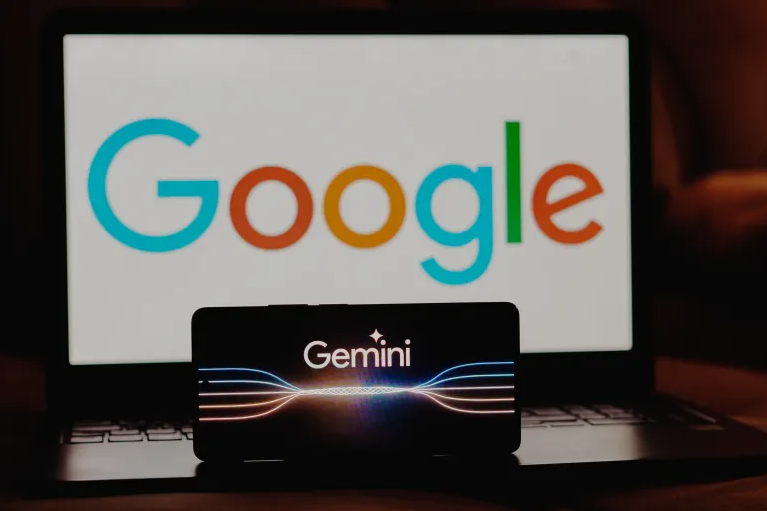
Google recently introduced its latest venture into artificial intelligence (AI), unveiling the “Gemini” model a few days ago. The company’s CEO, Sundar Pichai, believes that this model heralds a new era of highly capable AI, ushering in a transformative period for the world.
This revelation coincides with Google facing criticism for trailing behind “OpenAI,” the pioneering force in generative AI since the launch of its widely praised model, “ChatGPT,” almost a year ago.
Critics argue that Google, through the launch of Gemini and an extensive promotional campaign, seeks to rehabilitate its standing in the AI landscape, attempting to recover some prestige lost with the setbacks of its prior model, “Bard,” often characterized more for monotony than artificial intelligence.
Gemini is positioned as more than a singular model. It aspires to be a family of models, each with varying capabilities tailored to specific usage scenarios and requirements.
The introductory member of this family is “Gemini Nano,” tailored for operation on Android devices. A forthcoming, higher-tier iteration, “Gemini Pro,” is anticipated to power numerous Google AI services, serving as the cornerstone for the “Bard” model.
The pinnacle of the Gemini family, “Gemini Ultra,” is projected to be the most potent version. It is expected to function as a leading large language model (LLM) AI program developed by Google, catering extensively to data centers and intricate applications for major enterprises and corporations.
Presently, the foundational Gemini model is confined to textual commands in input and output processes. Thus, it is premature to assess its effectiveness compared to more advanced models like ChatGPT-4. Google executives express optimism that advanced iterations of Gemini will soon adeptly handle images, videos, and audio.
While Google maintains that its objective extends beyond mere competition with advanced generative AI models, it underscores its commitment to achieving general artificial intelligence. This model aims to closely replicate human capacities in understanding, comprehension, and perception. Google envisions Gemini as the initial stride towards this aspiration, foreseeing that models within the Gemini family will progressively ‘acquire more sensory capabilities’ and evolve into sentient entities, as stated by Demis Hassabis, CEO of DeepMind Technologies at Google.
Leave a Reply